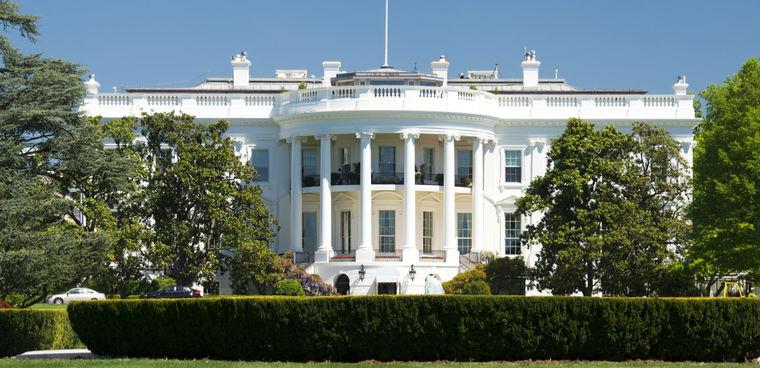WASHINGTON, Dec. 8 (Xinhua) -- The White House on Tuesday proposed a new 916-billion-U.S.-dollar COVID-19 relief package to Congress as the U.S. economy faces the risk of a double-dip recession.
"This proposal includes money for state and local governments and robust liability protections for businesses, schools and universities," U.S. Treasury Secretary Steven Mnuchin said Tuesday evening in a statement after presenting the proposal to Democratic House Speaker Nancy Pelosi.
Mnuchin said he has also reviewed the proposal with President Donald Trump and Republican congressional leaders.
"I look forward to achieving bipartisan agreement so we can provide this critical economic relief to American workers, families and businesses," he said.
Mnuchin and Pelosi had been negotiating a new COVID-19 relief package for months, but failed to reach an agreement before the presidential election in November.
The Democrats-controlled House of Representatives in early October passed a 2.2-trillion-dollar relief bill. Some Senate Republicans, however, insisted on a relief package below 1 trillion dollars, and failed to advance a 500-billion-dollar bill in late October.
The new proposal made by the White House marked the Trump administration's first move since Election Day to break the months-long standoff in relief talks.
Without a new relief package, many Americans will soon lose their unemployment benefits and begin to face hardships like eviction and foreclosure by the end of the year.
In a letter to Congress on Monday, the U.S. Chamber of Commerce warned that failure to enact a meaningful pandemic package "risks a double-dip recession that will permanently shutter small businesses across the nation and leave millions of Americans with no means to support themselves and their families."
As of Monday, more than 110,000 U.S. restaurants have completely closed amid COVID-19, according to the National Restaurant Association.
Sean Kennedy, executive vice president for public affairs with the association, said that the lack of progress in COVID-19 relief talks among congressional lawmakers has led too many restaurant operators to give up waiting for relief and close down for good.





